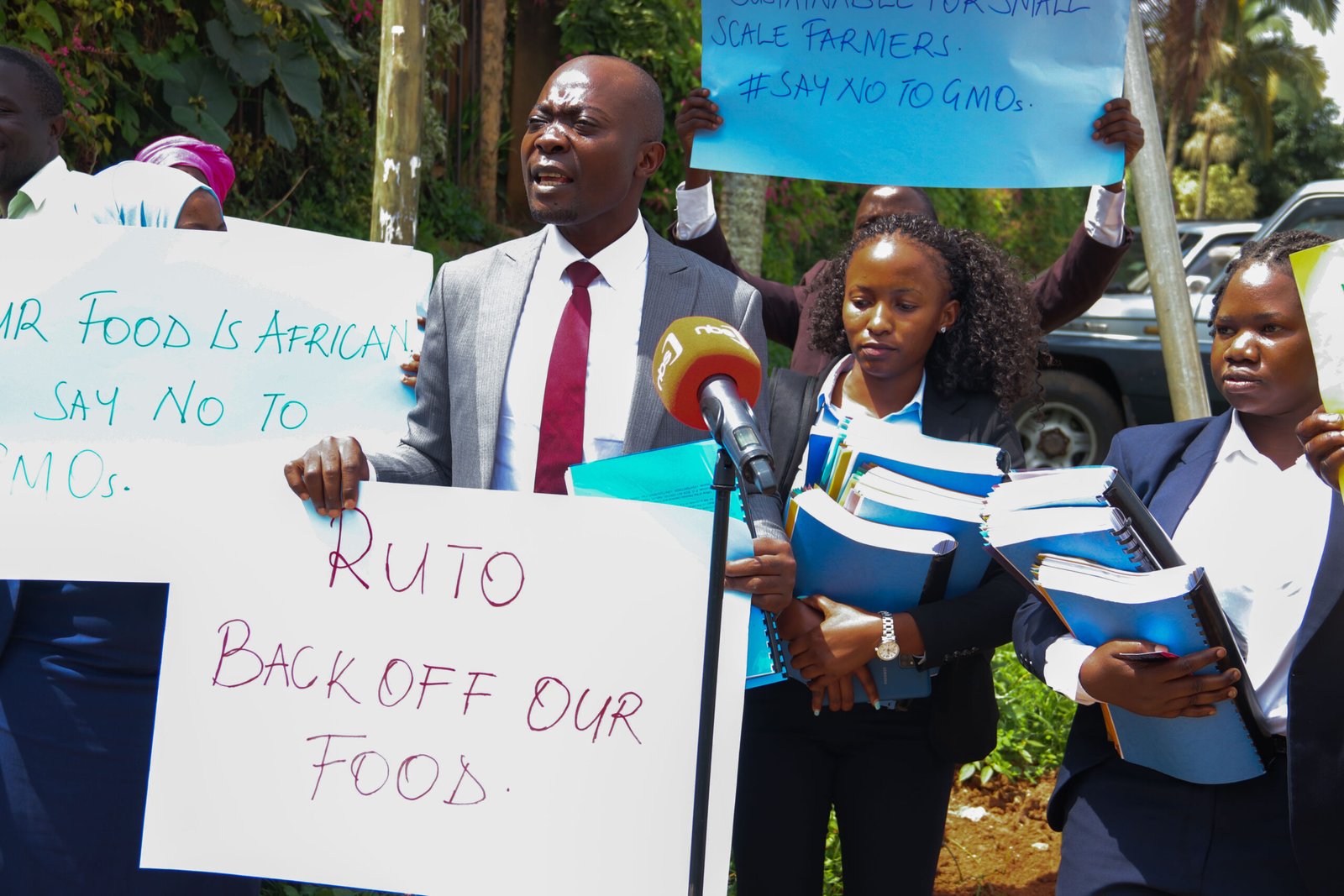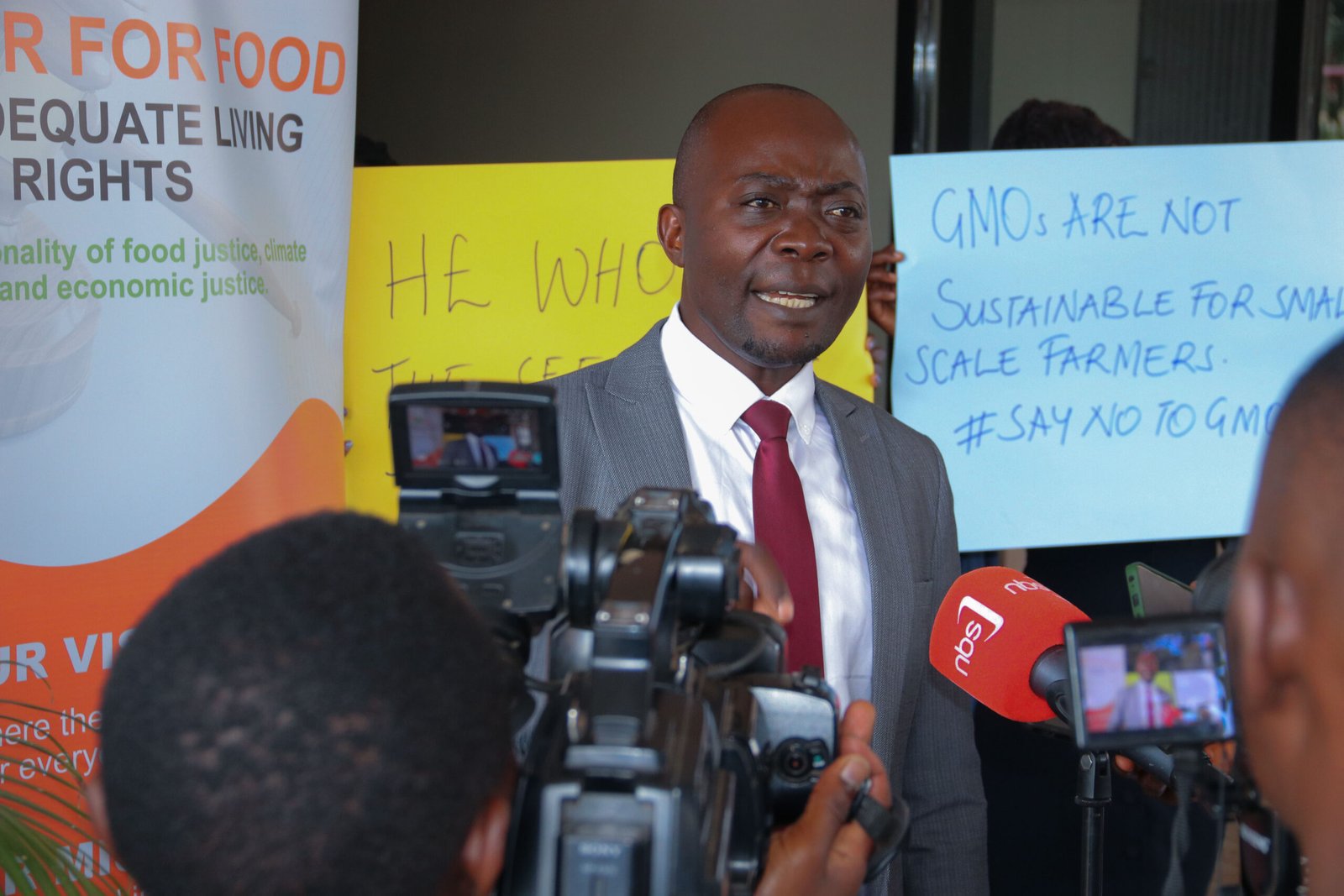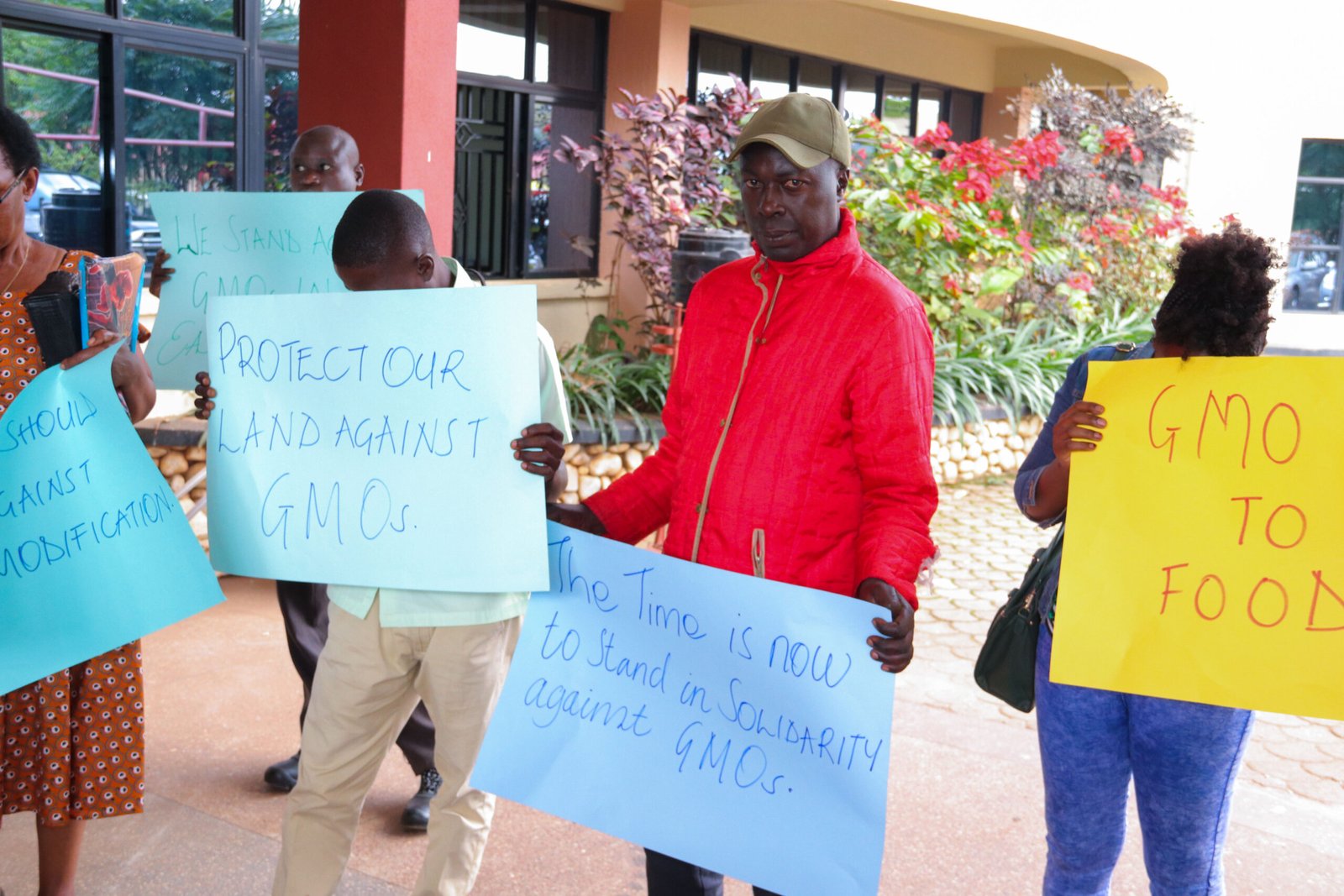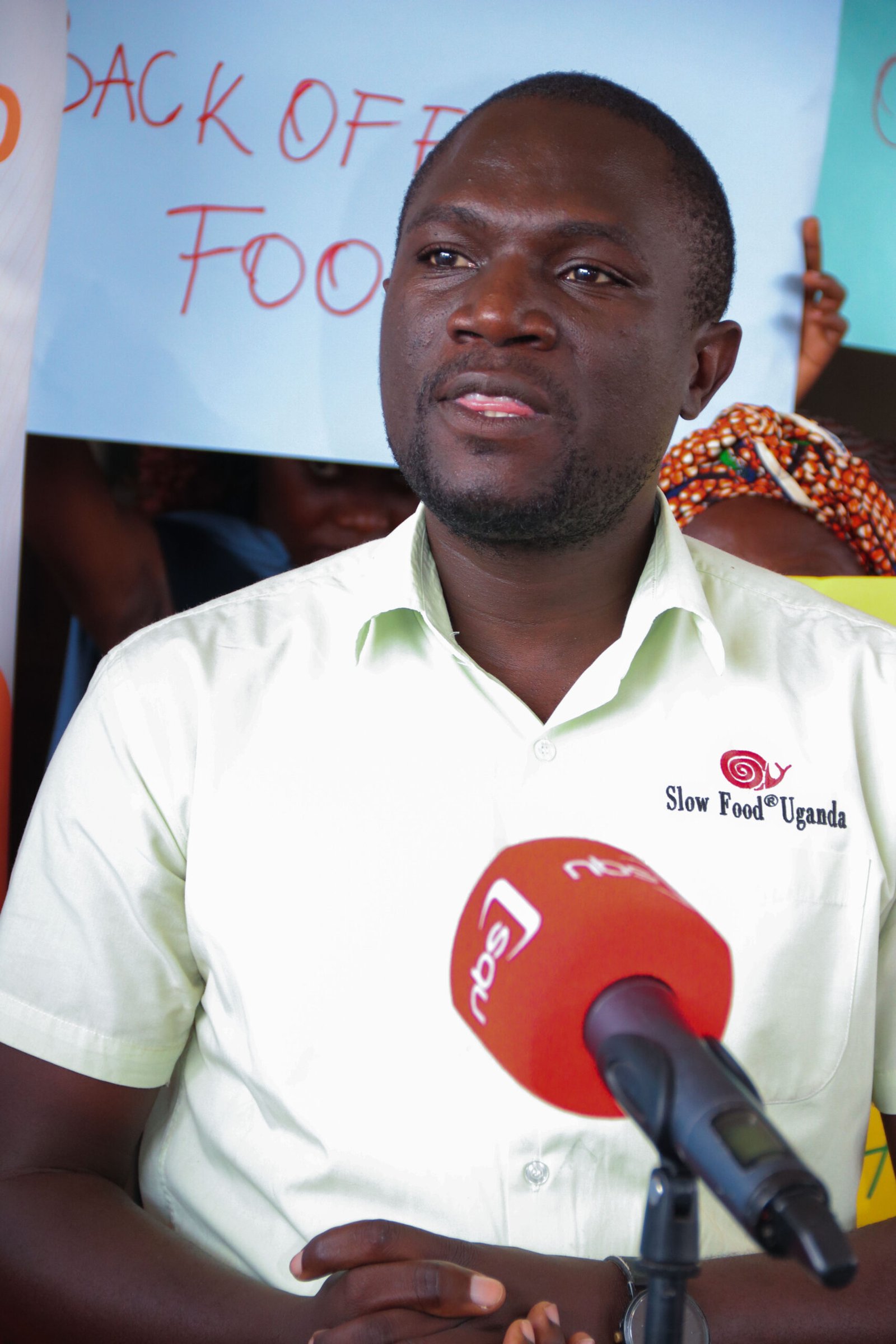GMOs IN EAST AFRICA
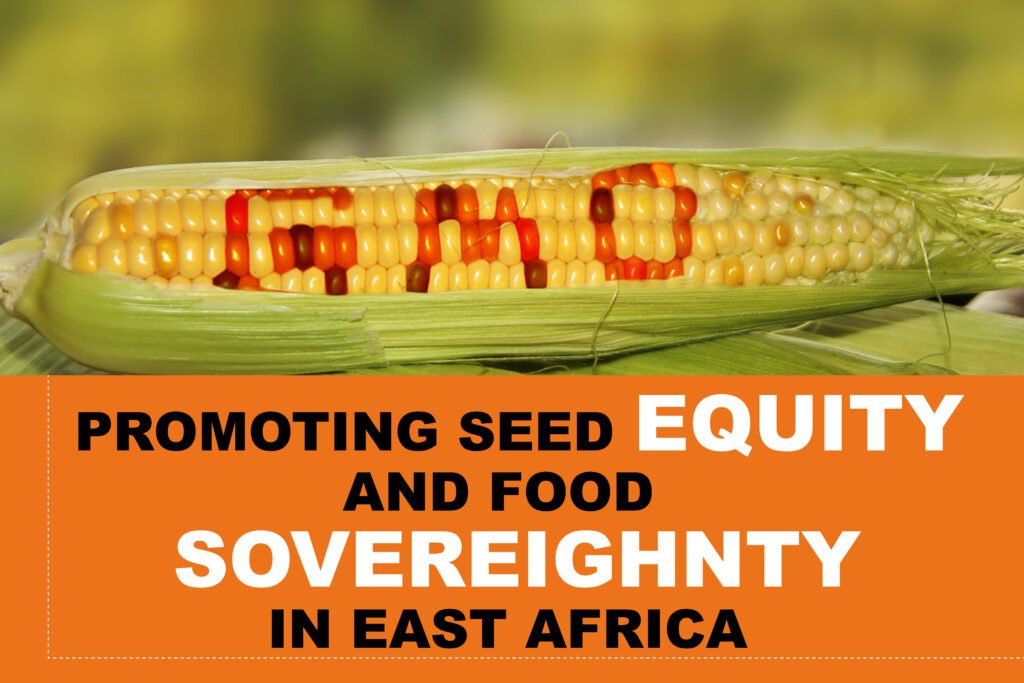
Promoting seed equity and food sovereignty in East Africa: CEFROHT IS USING A HUMAN RIGHTS BASED APPROACH
In East Africa, the lifting of the ban on GMOs in Kenya is affecting and exposing all East African and Africa generally to open GMOs companies.
For over 10,000 years, peasants/smallholder farmers and communities have freely saved, selected, exchanged and sold seeds, as well as used and reused them to produce food and enjoy adequate livelihoods. Today, this right to trade among peasants and small holder farmers in many communities especially for women in Africa; and these customary practices remain essential to peasants' right to food, as well as biodiversity. However, since the mid-1990s, the promotion of commercial seed systems and the
strengthening of intellectual property (IP) over plant varieties and plant biotechnology have seriously undermined these rights to trade, food sovereignty, customary practices and, consequently, peasant seed systems and agrobiodiversity.
Despite the Government’s reasons for lifting the ban as promoting food security,
research has linked GMOs to create an open monopoly resulting in economic exploitation of smallholder farmers. being toxic and cancerous, leading to allergic reactions, antibiotic resistance and suppression of the immune system.
To this end, GMOs threaten the right to adequate seed and food since food must be free from adverse substances and fit for human consumption. GMOs undermine food and seed sovereignty, cultural diversity of communities to the food system.
CEFROHT’S action so far?
CEFROHT has created an East African agroecology collaborative to work for smallholder
farmers right to seed/food security and sovereignty using the law and promote agroecology.
Secondly, we have filed a Public Interest Case in the East African Court of Justice to
prevent seed inequality and promote the right of smallholder farmers to trade and share
seed.
What do we need going forward?
We know that a decision at a regional court will bind all partner states and will be the appropriate jurisprudence in the entire African region; and contribute to the high level and regional advocacy strategies against GMOs. Relatedly, the decision from the EACJ will be binding among the EAC.
It is therefore critically important that we work to strategically carry out regional advocacy on fair and equitable trade in seed and food for small holder farmers, food and seed security and sovereignty. We also need to do a legal strategy - to promote and protect the right to adequate food, livelihoods, health and environment rights for the present and future generation. This case will also highlight the need to promote agroecology in the East African region to create a resilient, regenerative and equitable system as a legal mandate.
Download the full writeup below:


